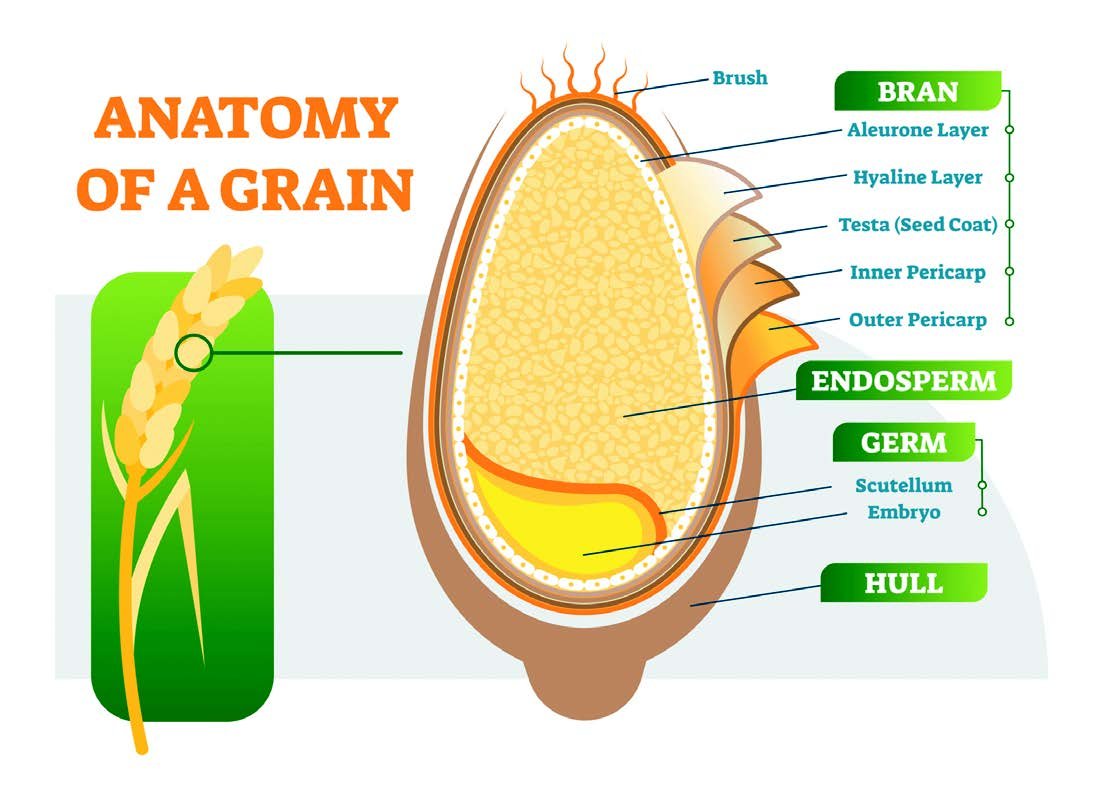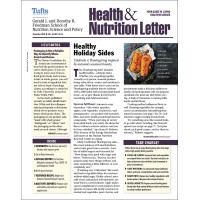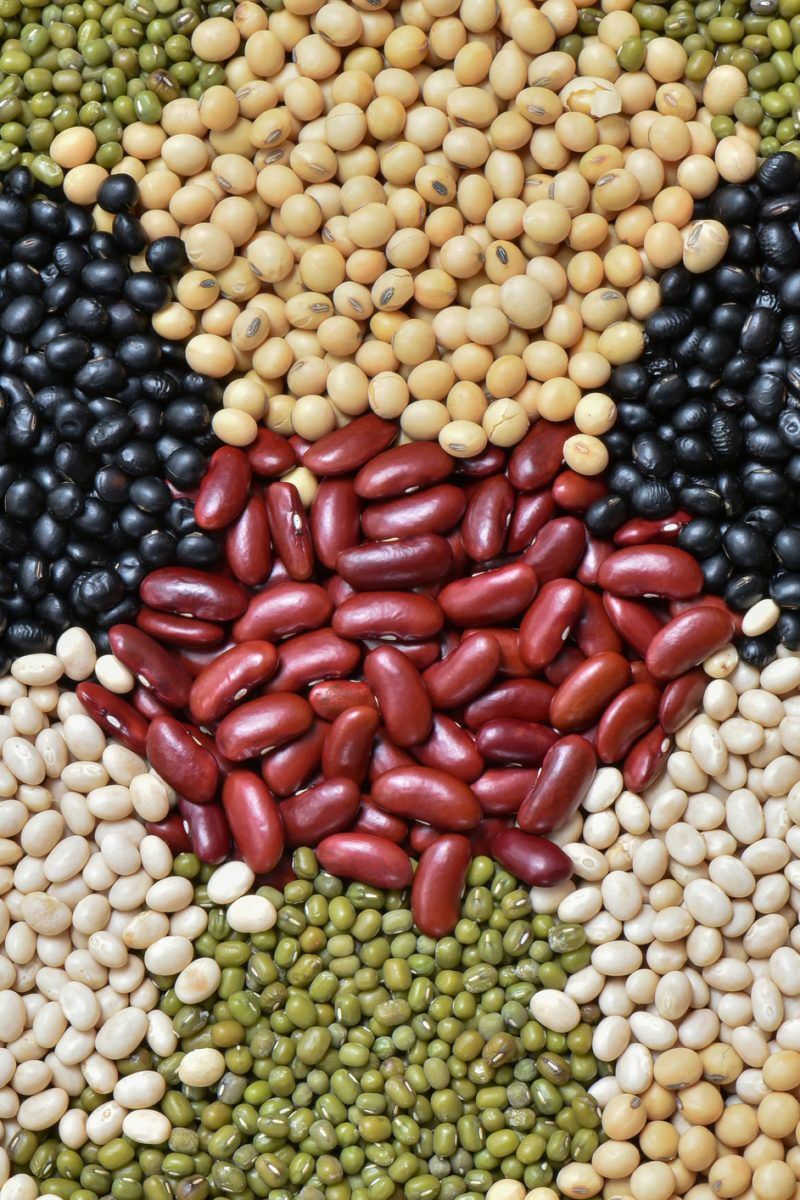Health Benefits of Legumes - Tufts Health & Nutrition Letter
4.5 (183) · € 22.00 · En Stock
Eat more plant foods…increase dietary fiber…choose natural foods over processed…get your nutrients from whole foods, not supplements. For an easy way to follow all of this sound dietary advice at the same time, simply up your intake of foods from the legume family. Legumes, which include beans, lentils, split peas, green peas, and peanuts, are thought to be one of the first cultivated crops and have been consumed by people around the world for over 10,000 years. Unfortunately, legumes are no longer a staple food in most American diets. The Dietary Guidelines for Americans recommend adults consume one to three cups of legumes per week (depending on calorie requirements), but average intake is less than one cup weekly.

Tufts Health & Nutrition Letter

Quick Tip: 5 Ways to Reduce Gas from Eating Beans and Other Legumes — Embrace

Health Benefits of Whole Grains - Tufts Health & Nutrition Letter

Tufts Health & Nutrition Letter
:max_bytes(150000):strip_icc()/parmesan-white-beans-2000-ec04dbaede334187b34cd2eb29e73975.jpg)
The #1 Food to Help You Live Longer, According to a Longevity Expert

Tufts Health & Nutrition Letter

Vitamin K: Benefits, Food Sources and Deficiencies

Diet & Nutritition Doctors Without Waiting Rooms

What Are Legumes Good For? Benefits and Side Effects - Dr. Axe

Tufts Health & Nutrition Letter

Subscribe or Renew Tufts University Health & Nutrition Letter Magazine Subscription.

Nutrition — Sigmon Sports Systems

It's 2023 and dietary recommendations continue to disappoint

Tufts University Health and Nutrition Letter - University Health News












